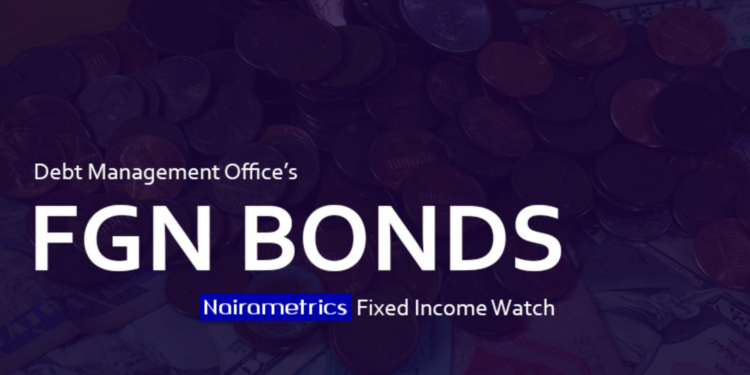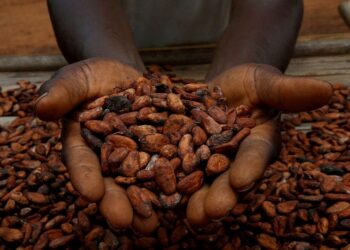Elevated net liquidity of N6.17 trillion triggered a fall in yields across Nigeria’s fixed income markets during the week ended Friday, November 14, reversing slight increases in rates in the previous week that saw total debt value at FMDQ jump to N91.89 trillion, up from about N88 trillion.
A wave of placements at the Standing Deposit Facility of the Central Bank of Nigeria (CBN), combined with maturities from the Open Market Operation (OMO) as well as primary market repayments, pushed net liquidity to N6.17 trillion, a remarkable 57.80% week-on-week surge.
Cordros Research corroborated this liquidity boom, noting the system received N3.63 trillion in OMO maturities, positioning it at N5.09 trillion net long, even without CBN mop-up interventions.
Despite the liquidity abundance, the Overnight (OVN) rate edged higher by 13 basis points to 24.9%, though other funding pressures softened as banks had little need to borrow. Yields on the NIBOR and NITTY curves mostly declined, reflecting the ease in system pressures.
With upcoming FGN bond coupon inflows of N151.63 billion, analysts expect liquidity to remain robust, keeping short-term rates contained.
Treasury Bills: Strong demand pulls yields lower
The secondary Treasury bills market surged with bullish sentiment as investors scrambled to deploy excess cash. Cowry Assets reported that average NTB yields fell 44 basis points (BPS) to 16.98%, led by strong buying interest in the newly issued 5-Nov bill, which tightened from 15.70% to 15.30%.
Cordros’ estimates align closely, putting NTB yield compression at 41 bps to 17.0%, while OMO yields fell even further, 51bps to 21.7%.
OMO market activity was particularly intense, driven by excess liquidity. Cowry highlighted the week’s star event: the November 13 OMO auction, where the CBN sold N2.55 trillion across two short-tenor bills. Demand was overwhelming, with subscriptions hitting N3.09 trillion—a staggering 515% oversubscription.
With the DMO set to auction N700 billion in NTBs on 19 November, analysts expect demand to remain feverish, supported by fresh inflows and anticipation of continued inflation moderation.
Nigerian Bond Market sees renewed confidence
The secondary bond market closed the week strongly bullish as investors sought safer yield amid volatility in equities and other high-risk assets. Both Cowry Assets and Cordros Research reported widespread demand across the curve:
- Average FGN bond yields fell 20bps to 15.6–15.57%.
- The short and mid segments saw the sharpest contractions, driven by strong buys in FEB-2031 (-42bps) and APR-2032 (-54bps).
- Long-term yields held steady, though demand remained healthy.
Analysts attribute this rally to improved fiscal signals from the federal government, steady monetary conditions, and the relative attractiveness of Nigerian sovereign assets.
Looking ahead, yields are expected to maintain a gradual downward trajectory, with the approaching NOV-2025 Eurobond maturity likely to intensify investor interest.
Eurobonds extend gains on strong external sentiment
Nigeria’s sovereign Eurobonds continued their upward momentum, with the average yield declining 21bps to 7.77% week-on-week. This reflects a renewed appetite for Nigerian risk in global markets and aligns with improving domestic fundamentals.
The compression in Eurobond yields suggests investors are increasingly willing to accept lower returns in exchange for perceived stability.
Forward rates, however, saw mild depreciation across tenors, indicating cautious hedging by market participants.
A market riding the wave of liquidity and confidence
Both Cowry Assets and Cordros Research agree: Nigeria’s fixed-income universe is poised for continued strength. With massive inflows, easing inflation expectations, and sustained investor demand across NTBs, OMOs, bonds, and Eurobonds, yields are likely to trend lower in the near term. The expected two additional OMO auctions next week underscore the CBN’s intent to manage liquidity while sustaining market stability.
For investors, the week’s developments reinforce the strategic case for Nigerian fixed-income assets as defensive plays amid broader market volatility.






















